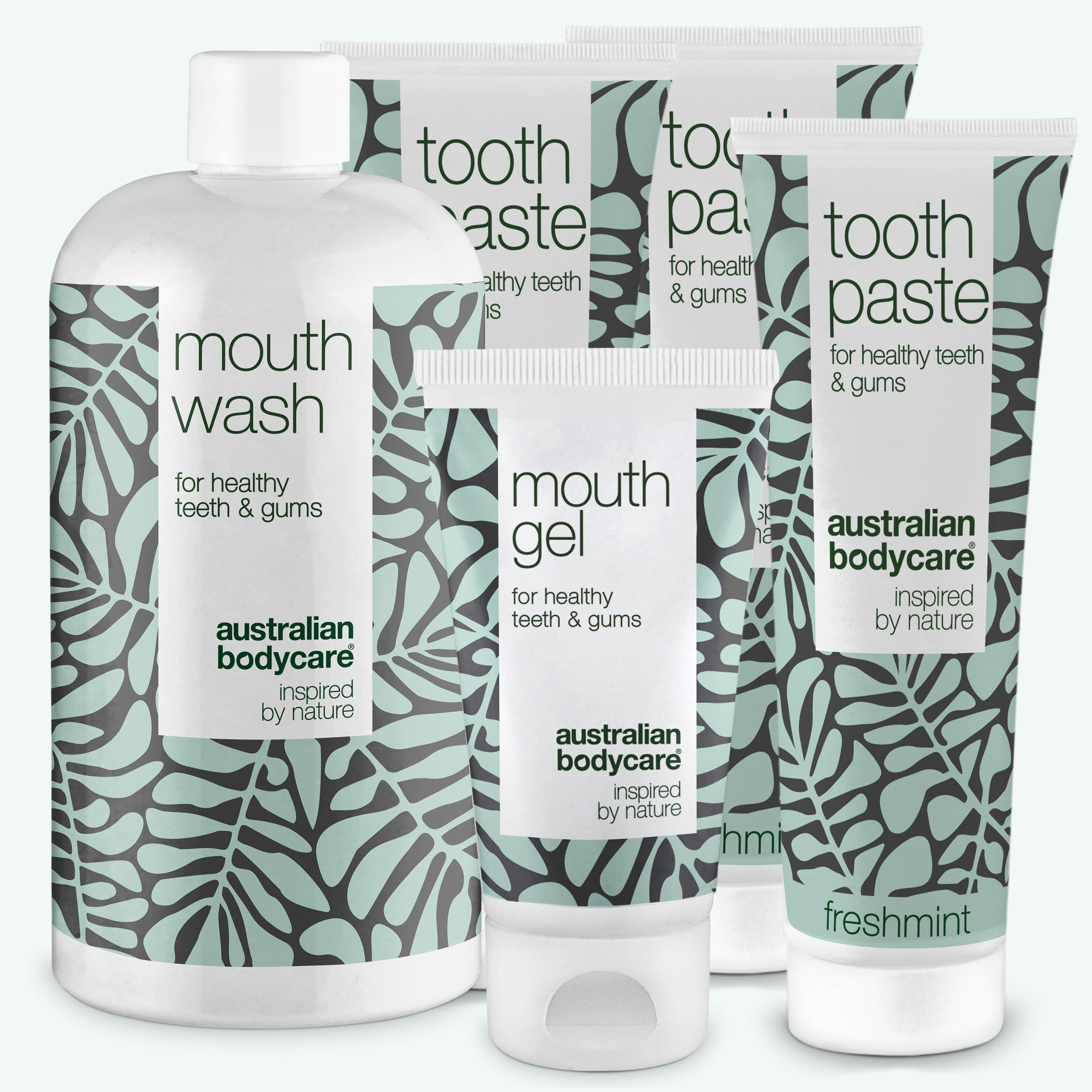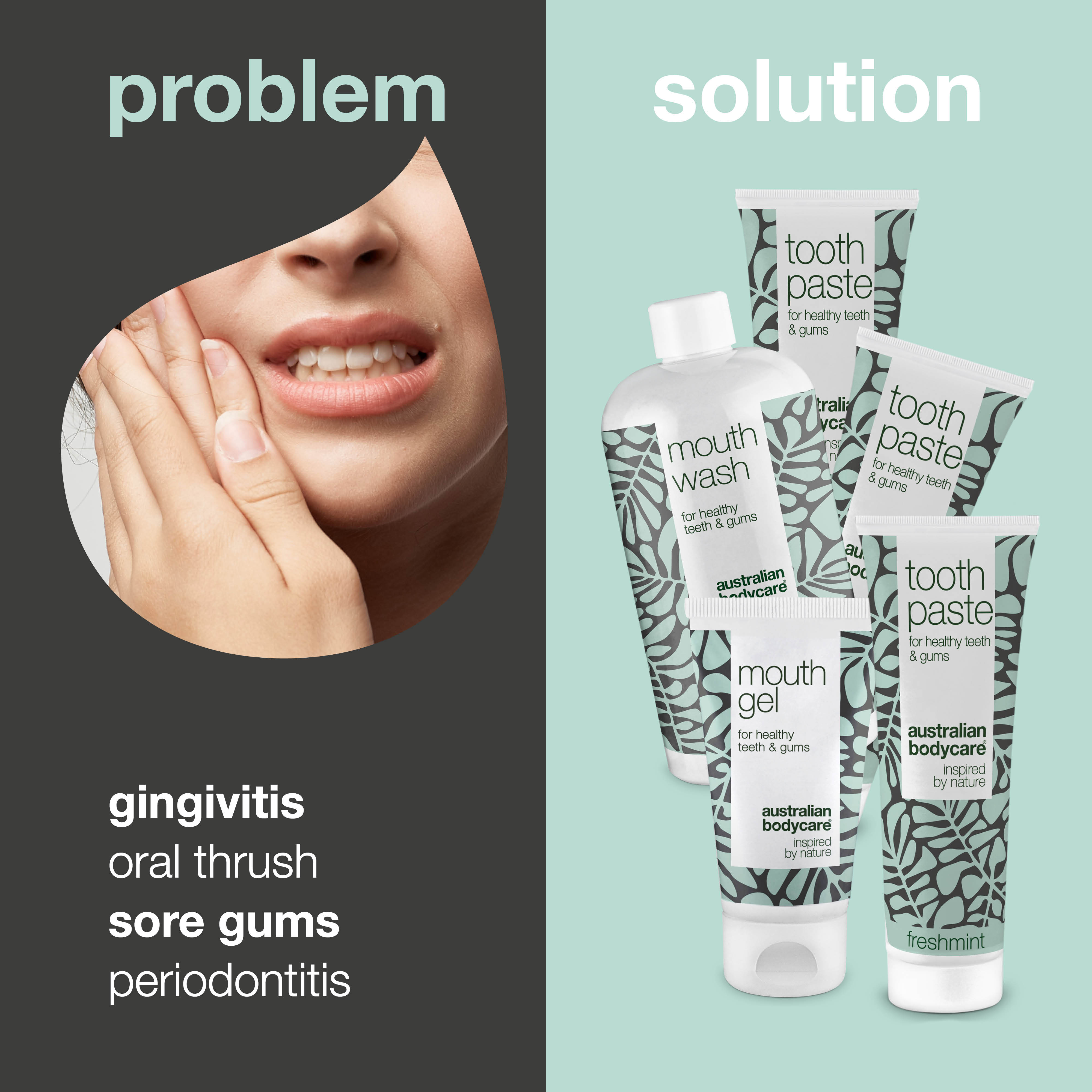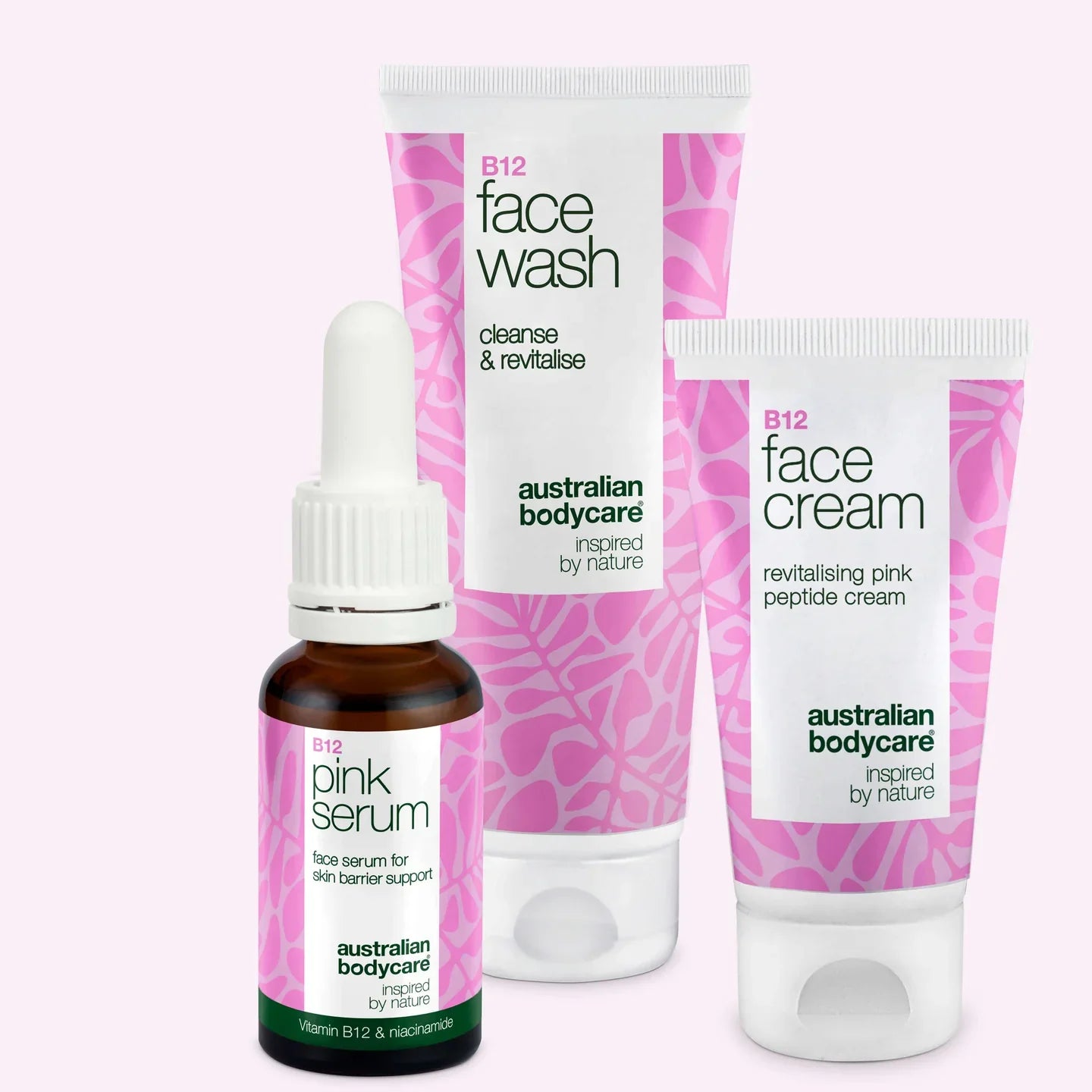Bad Teeth: Guide to Good Oral Hygiene and Prevention
Having bad teeth isn't just about your smile; it can also impact your overall health. Bad teeth, defined as a range of issues from cavities to gum disease, can lead to serious illnesses like cancer, heart disease, and diabetes.
This link between oral hygiene and health problems highlights how crucial good oral care really is.
Table of contents
What are Bad Teeth?
Bad teeth occur when bacteria in the mouth produce acid that breaks down enamel. This creates cavities, also known as caries. These cavities can cause pain and infection if left untreated.
Definition and Causes
Dental issues like cavities, gum disease, and periodontitis fall under the category of bad teeth. These conditions are often caused by plaque, a film of bacteria on the gumline.
This plaque is harmful not only to the surface of the teeth but also leads to more severe dental problems if not removed regularly. Effective brushing and flossing are essential to remove plaque and prevent these conditions.
The causes of bad teeth range from poor oral hygiene and unhealthy diet to smoking and genetic factors. Consuming foods high in carbohydrates and sugar increases the risk of plaque formation.
Smoking not only discolors teeth but also contributes to gum problems by impairing the gums' ability to heal. Genetics also play a role, as some people are more predisposed to certain dental issues than others.
A good oral hygiene routine and regular visits to the dentist can significantly reduce the risk of developing bad teeth.
Consequences of Bad Teeth
Bad teeth can lead to serious health problems such as diabetes, pneumonia, and heart disease. It can also have social and professional consequences, affecting a person's quality of life.
Read more to understand the importance of maintaining good oral hygiene.
Risk of Health Problems
The mouth plays a bigger role in your body than many realize. Inflammation in the mouth can lead to serious diseases like heart disease and diabetes.
Bacteria from poorly maintained teeth can travel through the bloodstream and harm other parts of your body.
Taking care of your teeth is not just about a bright smile. It can also protect you from some very serious health problems. Good oral hygiene removes bacteria and reduces the risk of inflammation in the mouth, which can lead to these serious conditions.
So by brushing your teeth, flossing, and regularly visiting the dentist, you're doing much more than just keeping your teeth clean. You're also taking care of your overall health.
Prevention and Treatment of Bad Teeth
To prevent and treat bad teeth, it is important to maintain regular dental care and good oral hygiene. Visits to the dentist should be part of your routine, and if you suffer from dental anxiety, there are solutions to help you overcome it.
A healthy diet and good habits such as avoiding sugary foods can also contribute to maintaining healthy teeth.
Regular Dental Care and Hygiene
Regular dental care and hygiene are crucial for maintaining good oral health and preventing bad teeth. Here are some important steps you can follow:
1. Brush your teeth thoroughly at least twice a day with fluoride toothpaste.
2. Clean between your teeth daily using dental floss or interdental brushes to remove plaque and food particles.
3. Be mindful of your diet, avoiding sugary and acidic foods, as they can contribute to cavities.
4. Visit your dentist regularly for check-ups and cleanings to maintain good oral hygiene.
5. Avoid smoking, as it can increase the risk of dental problems like periodontitis and cavities.
These simple steps can help ensure strong and healthy teeth and prevent potential problems in the future.
Dental Visits
Booking regular dental appointments ensures that your teeth remain healthy. Your dentist will examine your mouth and clean tartar and plaque, which can prevent diseases like periodontitis.
It is important to keep up with regular dental visits to maintain good oral hygiene and prevent dental problems. Get good advice on dental care from your dentist during your visit to maintain healthy teeth and a healthy mouth.
Healthy Diet and Good Habits
A healthy diet and good habits play a vital role in maintaining good oral hygiene and preventing dental diseases. Here are some practical guidelines to incorporate healthy dietary and lifestyle habits to keep your teeth healthy:
1. Eat a varied diet rich in fruits, vegetables, whole grains, and lean protein like fish or beans. These foods contain essential nutrients to strengthen teeth and gums.
2. Limit your intake of sugary drinks and snacks, as sugar can contribute to cavities and other dental diseases.
3. Drink plenty of water throughout the day, as it helps rinse away bacteria from the mouth and reduce the risk of tooth decay.
4. Avoid tobacco products, as they can cause severe oral diseases like oral cancer and periodontitis.
5. Ensure regular exercise, as it not only promotes overall health but also positively affects the condition of the mouth by increasing blood circulation.
6. Implement good hygiene habits such as using dental floss daily to remove plaque between the teeth and using the correct brushing technique to clean the tooth surfaces effectively.
Conclusion
Good oral hygiene is an important part of ensuring healthy teeth and a healthy body. Regular dental care, proper brushing, and cleaning between the teeth are essential. Dental visits can identify problems early and prevent serious diseases.
Avoiding smoking and drinking plenty of water also helps maintain healthy teeth. Be aware of the symptoms of bad teeth and seek help if there is suspicion of dental or oral diseases.
FAQ
How can bad teeth affect my overall health?
Bad teeth can lead to periodontitis and bacteria in the bloodstream, increasing the risk of heart disease, diabetes, and affecting individuals with asthma or mental health conditions like depression and bipolar disorder.
Why is good oral hygiene important for diabetics?
Good oral hygiene is crucial for diabetics as they are at a higher risk of developing gum disease, which can affect blood sugar control and contribute to an imbalance in the mouth's bacterial flora.
Can dry mouth lead to bad teeth?
Yes, dry mouth can reduce the amount of saliva that protects the teeth from bacteria. This can increase the risk of cavities and other oral diseases, especially in individuals with conditions like Alzheimer's or those suffering from mental illness.
How can I prevent bad teeth?
Preventing bad teeth includes regular brushing with a toothbrush, using dental floss, and regular visits to a dental hygienist to keep your teeth clean and healthy.
Can dietary changes help improve my dental health?
Avoiding acidic foods and drinks like coffee can help protect your tooth enamel. Additionally, a diet rich in vitamins and minerals plays an important role in maintaining strong teeth and healthy gums.





